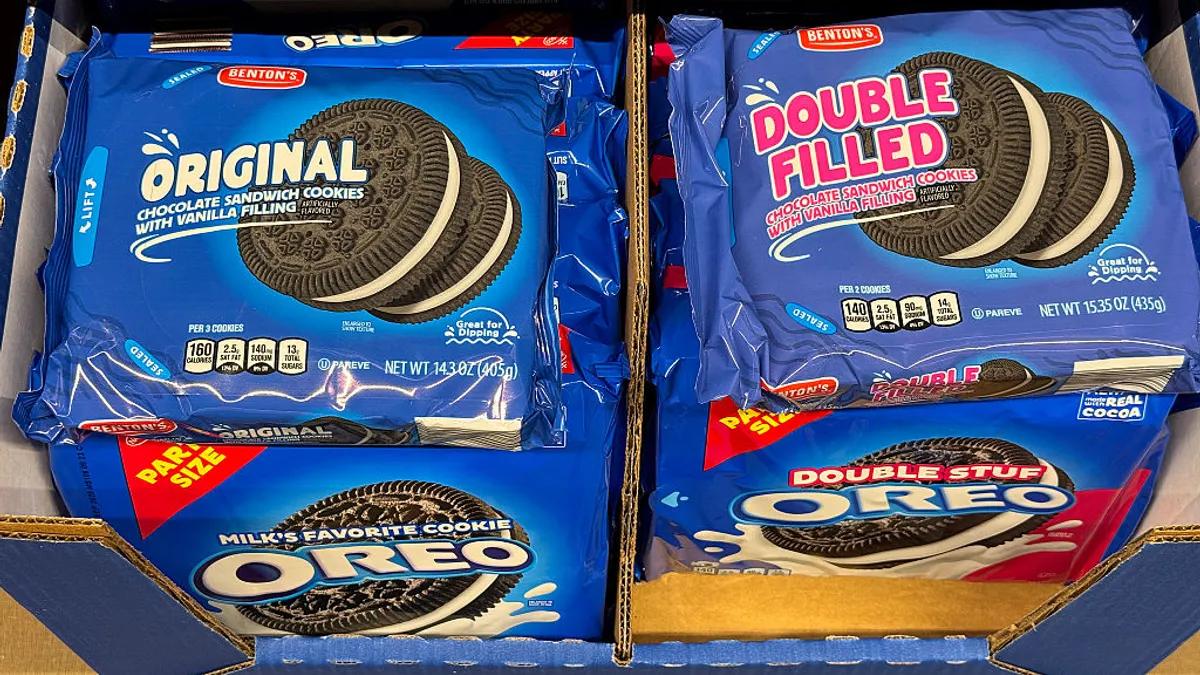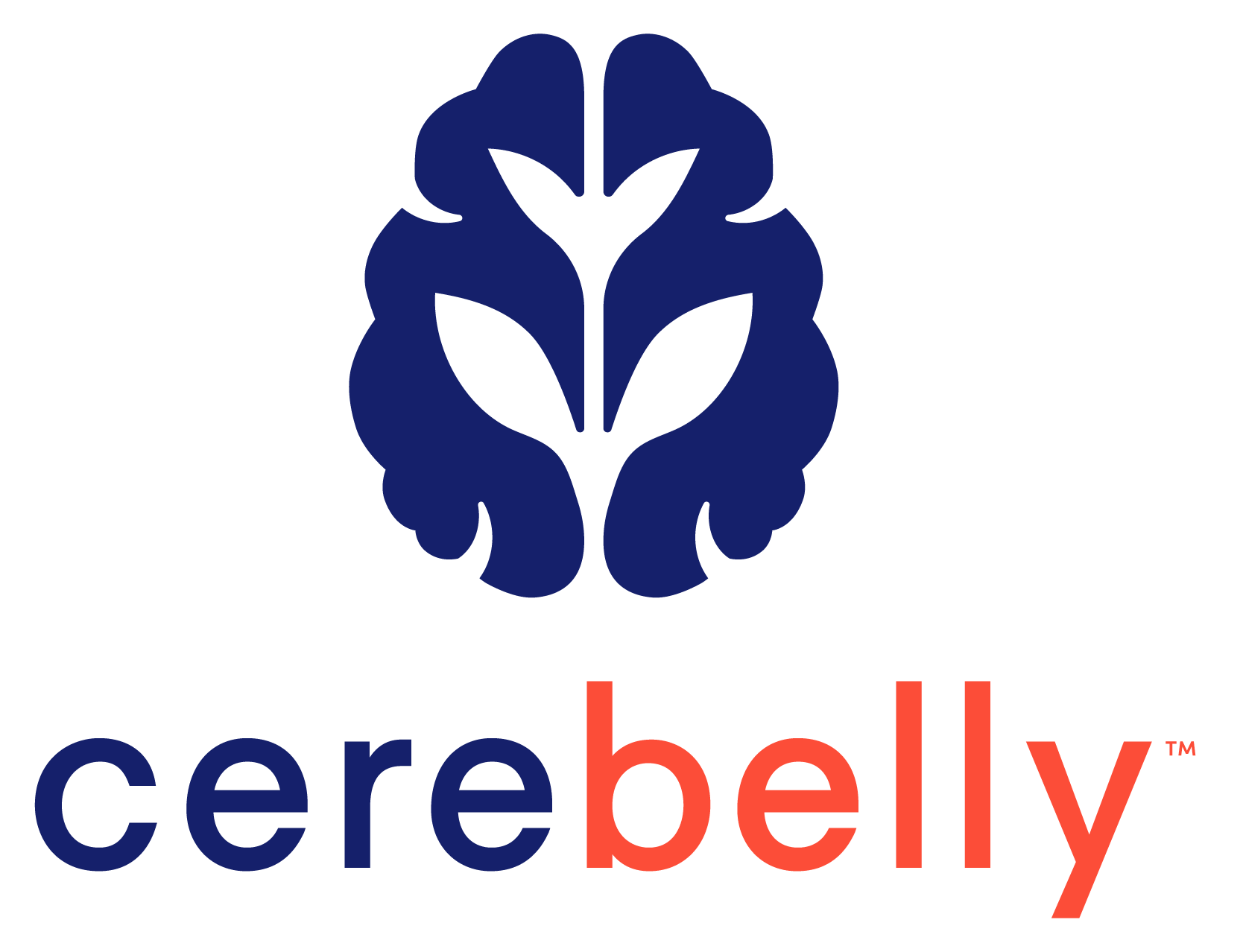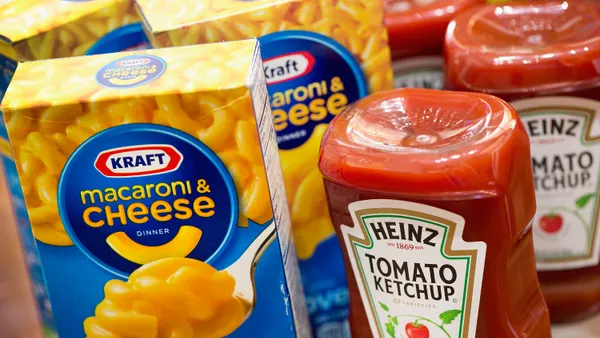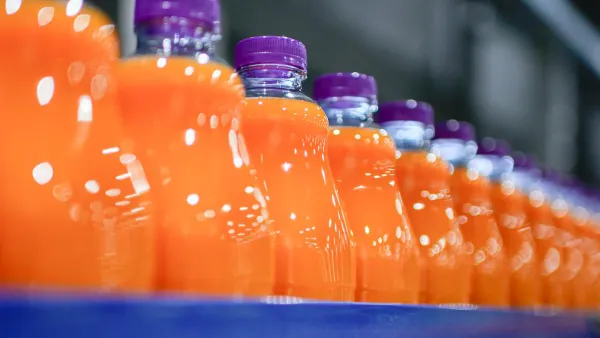Dive Brief:
- A Utah federal court awarded Bimbo Bakeries USA $2.1 million in the Pennsylvania-based company's lawsuit against US Bakery accusing it of false advertising and violation of trade secrets. The decision was announced Oct. 6, according to Baking Business, and stems from a complaint filed in 2013.
- The jury found that US Bakery of Portland, Oregon, also known as Franz Bakery, had profited by $8 million from false advertising of its Grandma Emilie's brand bread, allowing it to compete with Bimbo's Grandma Sycamore's brand bread.
- US Bakery acquired the Grandma Emilie's brand from Hostess in 2013, along with the Sweetheart, Eddy's and Standish Farms brands. When US Bakery later reintroduced Grandma Emilie's bread, Bimbo said the packaging and labeling were too similar to its Grandma Sycamore's product. The jury agreed and found that Bimbo had a protectable trade secret, which had been misappropriated by US Bakery.
Dive Insight:
Plenty of legal cases have been filed by one food company against another claiming that a product's recipe, appearance, name, labeling or packaging have been illegally copied — or are just similar enough to potentially confuse consumers.
Larger companies are likely weary of smaller companies encroaching on their already-established products through piggybacked branding. After all, when copy-cat products emerge from a smaller company, they can eat away at the larger company's sales and market share.
Big brands face this growing competition head-on by innovating new products or changing the recipes of existing products to make them healthier. But major food companies are also acquiring some of the fastest-growing smaller companies to improve their own portfolios and supplement the brands that are dwindling in popularity among consumers.
While upstart firms may be tempted to copy a food or beverage product made by a larger company — either deliberately or accidentally — it can end up being a very expensive mistake should a false advertising or unfair competition lawsuit be filed and a judge or jury find in favor of the plaintiff.
The old saying "imitation is the sincerest form of flattery" may be true, but not if doing so risks legal action and ends up driving the imitating company out of business. Better to resist the temptation to copy and find a unique product that won't remind consumers or manufacturers too much of something else.
These kinds of lawsuits are common, but they don't always end in victory for the company complaining of copyright infringement. This past July, Kroger filed a lawsuit against German supermarket chain Lidl for trademark infringement, claiming the discounter’s Preferred Selection private brand was too close in name and appearance to its Private Selection brand. However, Kroger withdrew the suit in September after a judge found the two names weren't similar in meaning or appearance, and refused to grant a preliminary injunction forcing Lidl to stop selling its private label products.
And in 2012, Frito-Lay sued ConAgra's Ralcorp Holdings and its Medallion Foods subsidiary, claiming that Ralcorp's Bowlz corn chips were too much like Frito-Lay's Tostitos Scoops! chips and asking for $4.5 million in damages. A Texas jury disagreed with Frito-Lay and found the two products, beyond their bowl-like shape, actually weren't that similar.











